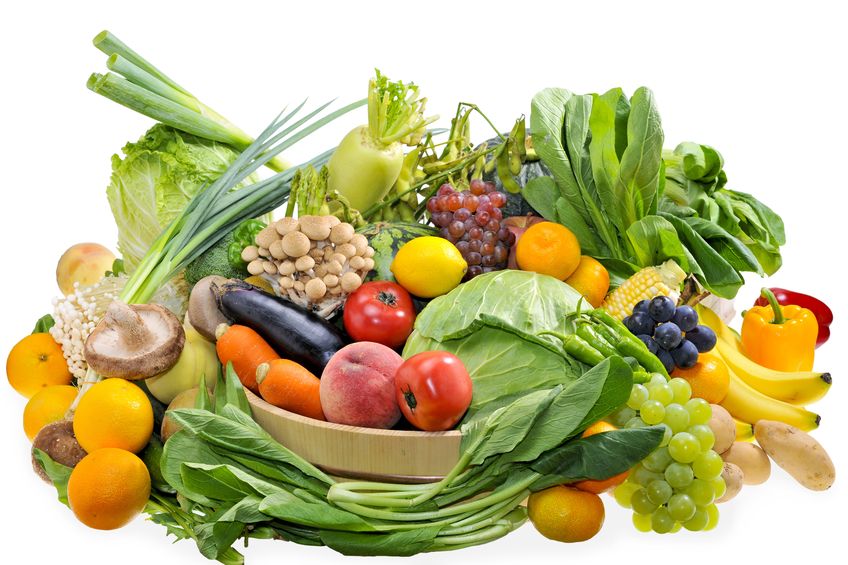If you buy organic produce, here’s what you need to know.
What exactly is organic?
The USDA establishes several criteria for something to be called organic:
- The produce must not be grown in soil that has contained prohibited substances (most synthetic fertilizers and pesticides) for three years.
- It must also be without “artificial preservatives, colors or flavors, and it’s required that their ingredients are organic, with some minor exceptions.”
Organic Produce Does Have Certain Nutritional Benefits
Debate continues as to whether organics are superiority when it comes to nutrition. The benefits of organic produce stem from the natural defense mechanism of the fruit or vegetable.
According to Registered Dietitian and Nutritionist Lisa Richards:
- Organic food is more nutritious than non-organic food, but not in the way that you might think.
- Studies have not shown that organic food consistently has more vitamins or minerals than non-organic food.
- However, organic food does have significantly higher levels of antioxidants.
- Eating fruit that’s organically grown can provide you with 20% to 40% more antioxidants than conventionally grown fruit.
- A 2014 British Journal of Nutrition study looked at 343 peer-reviewed publications and discovered interesting things about organic food. Because of the lack of synthetic compounds, organic plants contain higher concentrations of antioxidant compounds. As a result, organic fruits and vegetables contain about 20% to 40% more antioxidants than conventional produce. This is equivalent of roughly two extra servings of fruit and vegetables per day.
- Foods rich in antioxidants provides another bonus: They help lower oxidative stress in your system, which left unchecked can lead to diseases such as heart disease, cancer and Type 2 diabetes.
But, according to nutritionist Amy Gorin, owner of Amy Gorin Nutrition:
- Keep in mind that organic produce can still have synthetic pesticide residue on it.
- The USDA allowing produce to be called organic as long as the soil used to grow the food has not had prohibited substances for at least three years.
- Studies have shown that organic produce generally contains significantly less synthetic pesticide residue compared to conventional fruits and vegetables, though it is not completely pesticide-free.
- Organic, then, sometimes means fewer pesticides, not pesticide-free.
Organic Produce Doesn’t Necessarily Have Better Flavor
When it comes to food, flavor is everything. Mark Schatzker author of “The Dorito Effect,” a deep dive into the flavor of our food, states that “some organic produce is grown with quality in mind. But some is mass-produced and generic. Genetics play a big role in the flavor of produce. If you grow bland tomatoes or strawberries organically, they won’t taste very good. They simply don’t have the genetic capability to be flavorful.”
Keep in mind that organic produce won’t always be the prettiest or best-tasting food on the store shelves. Try picking it up and smelling it. That often tells the tale.
Tips To Find the Best Tasting Produce (Even If It’s Not Organic)
- Look for locally grown produce.
- Buy produce when it’s in season.
- Shop at your local farmer’s market.
- Talk to the farmers if you can.
- Learn how to tell when produce is ripe.
- Learn how to properly store produce.
While the term “organic” has become a guidepost for so many eaters, it has limitations. Safely grown food is a great thing, but it doesn’t necessarily yield superior taste.
Click here to read entire article about organic produce.






